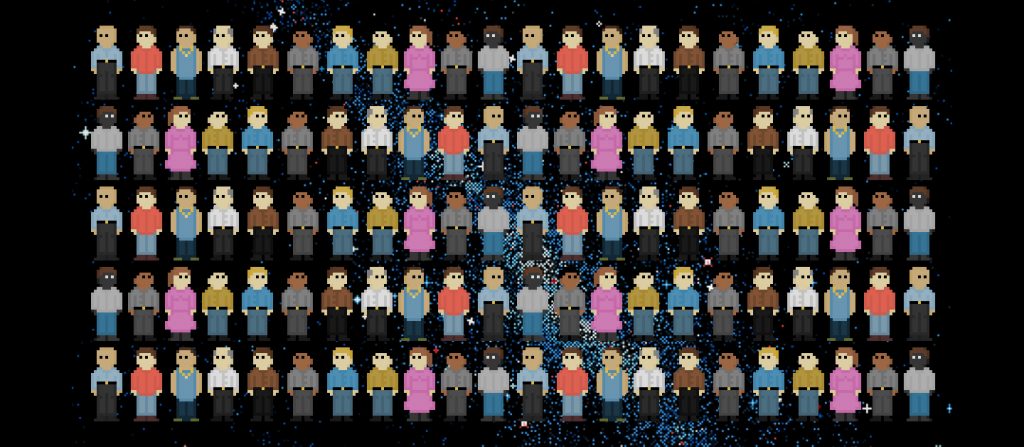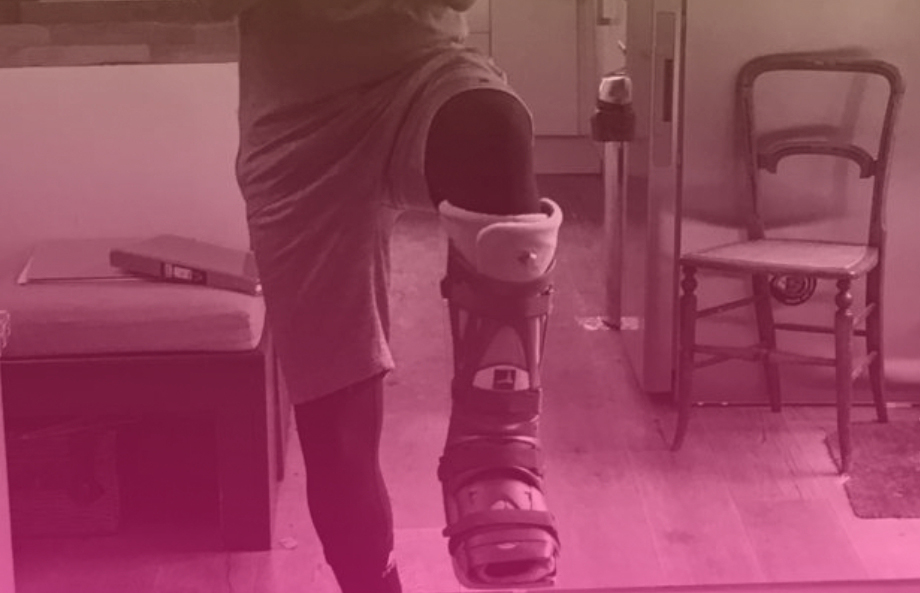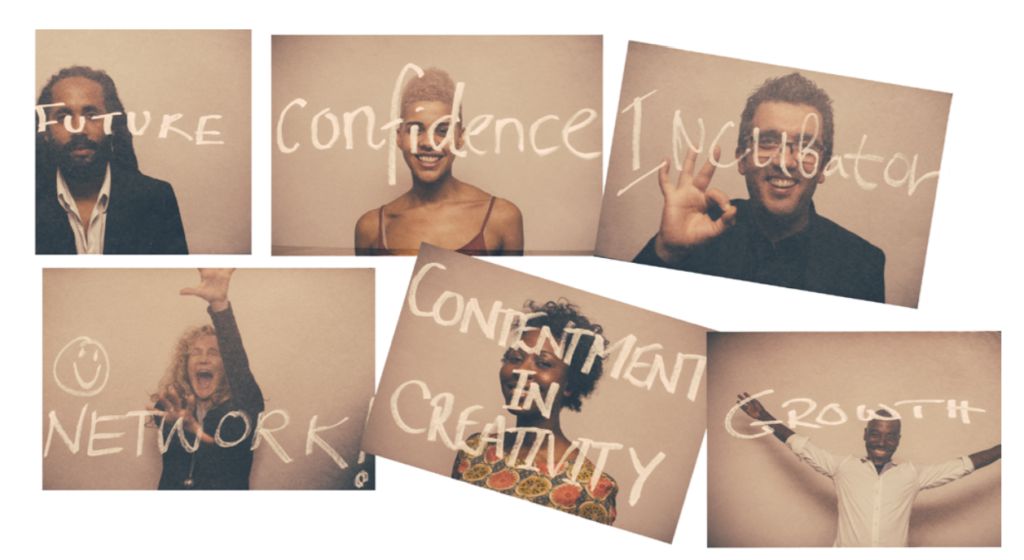Several people have challenged my continued use of the term BAME. I remain ambivalent about this change.
The fight to end the use of the BAME acronym seems won. A key recommendation from the government’s report by the Commission on Race and Racial Disparities (the Sewell Report) is to disaggregate the term BAME. Arts Council and other funders have already dropped their use of the acronym, instead writing the words in full (Black, Asian and Minority Ethnic). The aim of disaggregation is to recognise differences in experience and therefore performance (against various metrics) between the different communities represented by the acronym. Like so many others, I don’t like the term BAME. But as a social entrepreneur involved in the practicalities of creating new and fairer structures for diverse communities, I believe timing is everything. Arguments right now about the use of the term BAME are a distraction and the transition away from its use may take us down a path with far reaching and unintended consequences. Our primary goal must be to create a fairer distribution of power; or as the Sewell Report put it: ‘Create Agency’.
Context to my thinking
I have spent much of the last four months writing a business plan for the Create Equity Fund (a BAME-focused investment fund for the creative industries). Part of this work includes research into the past distribution of arts funding to BAME communities. My research highlighted two issues in relation to changing the BAME acronym: i) disaggregating BAME communities may cause infighting between communities over resources; and ii) changing terms could make measurement more difficult and so make it harder to build statistical evidence of long-term structural issues. These challenges need careful consideration, mature debate and potentially more campaigning.
The potential for infighting between different BAME communities in the arts
Disaggregating the BAME acronym should, in theory, lead to disaggregated data sets. This will highlight inequalities between BAME communities which will inevitably lead to internal wrangling about who gets what. Most of the 2.4% of arts funding to BAME communities goes to ‘Asian’ organisations. With only 2.4% of arts funding shared between us (instead of the 15% which would be in line with the BAME populations), to start a debate on how we distribute equitably amongst ourselves is, in my view, folly. The saying goes, ‘A house divided cannot stand’. ‘We’, as diverse communities, have specific identities, yes. But we still share a common purpose and should not waste energy arguing over the crumbs currently being distributed to us. The worthwhile struggle is for equitable funding to our communities as an aggregated whole. Then and only then can we have a debate about who gets what in terms of disaggregated communities.
Changing BAME makes it more difficult to measure progress and reduces accountability of funders
My research for Create Equity Fund confirmed that in the last ten years only 2.4% of arts funding went to BAME communities, I was unable to find data going back more than ten years because the term used for measuring ethnically diverse communities before 2011 had changed. If we change the term again, to something which doesn’t exactly correlate to the term BAME, we lose the ability to establish longitudinal data that we desperately need to make our case. What scant data there is on racial inequalities in the arts becomes harder to analyse and easier to contest or dismiss altogether. In changing the meaning of the BAME acronym we may unintentionally diminish our ability to keep policy makers and funders fully accountable. With less useable data we reduce our power to change things. If the government (and by extension bodies like ACE) decides against using the term BAME, in favour of something materially different, we would need to ensure that sufficient resources are in place to maintain data continuity.
But why spend time on that campaign? In the wake of Covid-19, the Black Lives Matter movement, macro-economic uncertainties and climate change, there is a more immediate and bigger prize up for grabs. Our focus must be on an equitable and timely redistribution of resources and power. Only through resolving this do we get to build our own structures – our own ‘houses’ – rather than simply moving the furniture around the existing structures. Then we get to use our own language and truly define for ourselves what matters.




